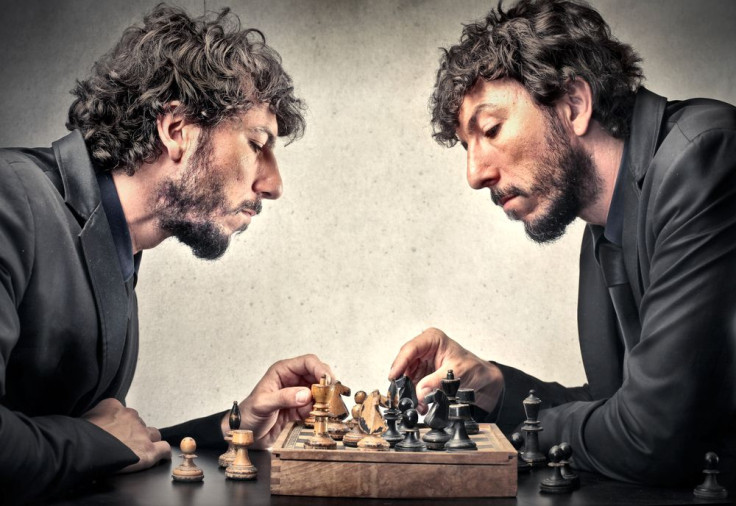What Happens When Memories Aren't Seen In First-Person? Out-Of-Body Experiences Are Harder To Remember

It’s a pretty unusual thing to consider: Our memories — the lasting ones, at least — are all seen from a first-person point-of-view. So, is it possible to remember things we experience from an out-of-body, third-person point-of-view? With implications for people with psychiatric conditions, researchers have now found that our memories tend to fail us when we’re not experiencing them in the first-person.
Episodic memory allows us to remember events, such as where we parked our car or what our first day of school was like. It involves encoding the memory (taking note of what happened) and then retrieving it later on. A 2002 study found that the hippocampus, a seahorse-shaped piece of the brain located underneath the cerebral cortex, plays a major role in the consolidation of episodic memories, among others, from the short to long term.
Researchers from the Karolinska Institutet and Umea University, however, found that memory consolidation in the hippocampus fails when we’re not seeing an event unfold through a first-person point-of-view. Their study, published in the Proceedings of the National Academy of Sciences, shows how this happens and sheds light on why some people with psychiatric conditions like schizophrenia sometimes have out-of-body experiences, but rarely remember them. “It is already evident that people who have suffered psychiatric conditions in which they felt that they were not in their own body have fragmentary memories of what actually occurred,” first author of the study Loretxu Bergouignan said in a press release.
Bergouignan and her colleagues tested 84 students who wore virtual reality goggles and earphones. Each one of them read about and underwent oral questioning sessions, which were conducted by an actor who played the part of an overly eccentric professor — making the experiment more memorable. The students were split into two groups, each undergoing two sessions of questioning. The first group participated in the sessions looking through the goggles through a first-person perspective. Meanwhile, the second group was given the illusion of an out-of-body experience, which usually involves seeing themselves through the virtual reality goggles, similar to viewing themselves in a mirror.
After the sessions, each participant had to either recall the events, speaking about what happened, in what order, and how they felt; or they were asked to recall the events while undergoing brain scans through functional magnetic resonance imaging (fMRI). Participants who had the out-of-body experience had a more difficult time remembering the sessions, even though, at the time, they answered the questions just as well as the first-person participants. The fMRIs showed that hippocampal activity was “eliminated” among the group with out-of-body experiences. “However, we could see activity in the frontal lobe cortex, so they were really making an effort to remember,” said Professor Henrik Ehrsson, the research group leader, in the press release.
The research shows that there’s a close relationship between proprioception — the perception of one's own body parts and senses in space — and memory consolidation. That’s because the hippocampus collects information from our senses and encodes it into a memory. When a person has an out-of-body experience, these processes are disturbed, the researchers said.
Hence, giving the researchers new insight into how psychiatric disorders lead to fragmented memory. “We believe that this new knowledge may be important for future research on memory disorders in a number of psychiatric conditions such as post-traumatic stress disorder, borderline personality disorder, and certain psychoses where patients have dissociative experiences,” Bergouignan said in the release.
Source: Bergouignan L, Nyberg L, Ehrsson H, et al. Out-Of-Body Hippocampal Amnesia. PNAS. 2014.



























